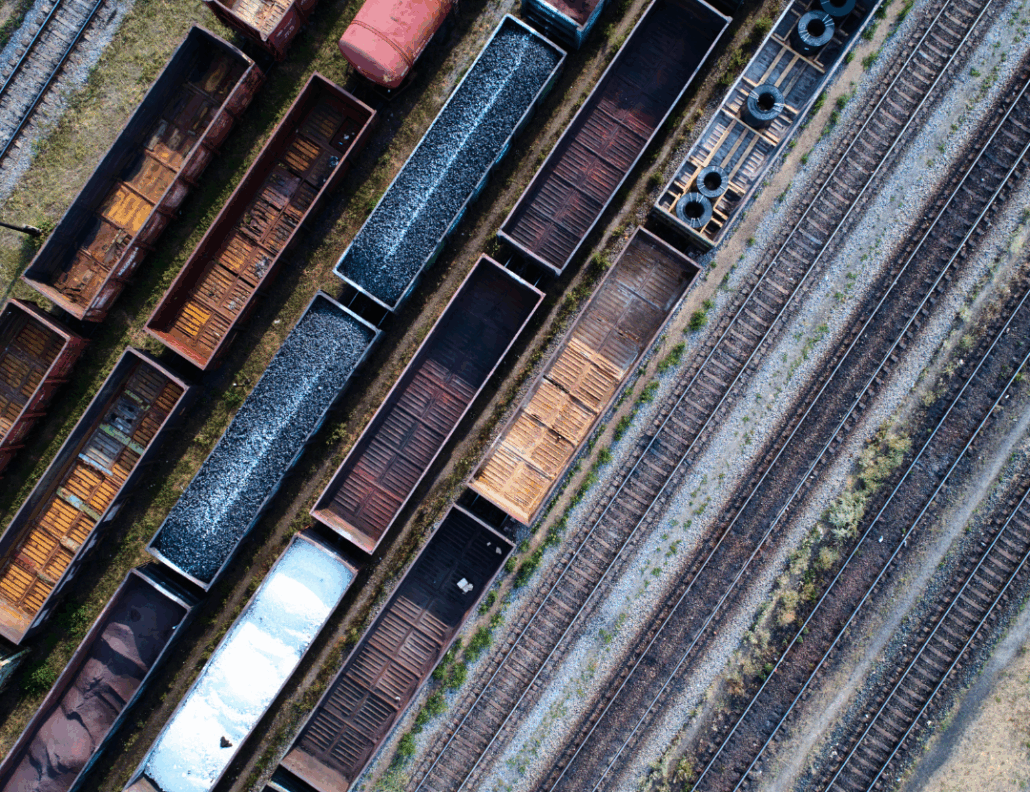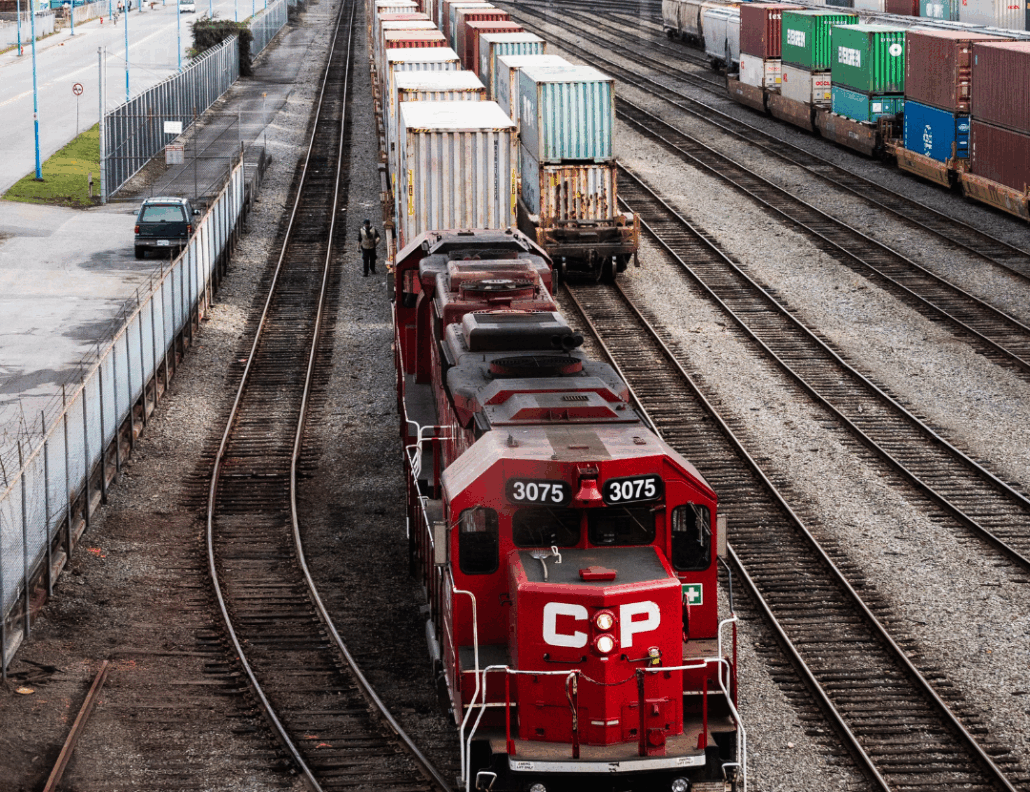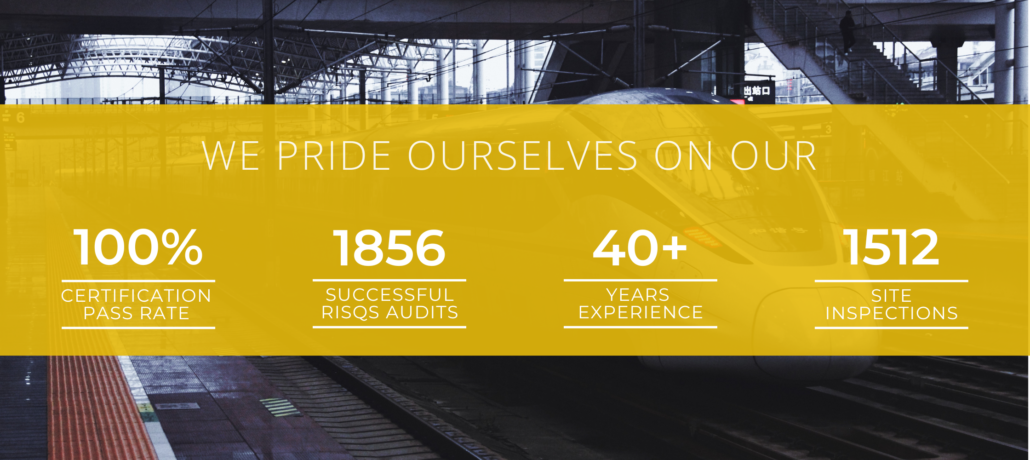The Hidden Costs of Not Being RISQS-Certified: A Business Perspective
Introduction:
The UK rail industry is one of the country’s largest and most dynamic sectors, contributing over £36 billion annually to the economy and supporting hundreds of thousands of jobs. With major projects like HS2, regional upgrades, and electrification efforts continuing to drive investment, opportunities for suppliers have never been greater. But for businesses looking to get involved, there’s one critical gateway: becoming RISQS-certified.
RISQS—the Railway Industry Supplier Qualification Scheme—is the official pre-qualification service used by buyers across the UK rail sector. It’s a vital credential that not only demonstrates your company’s compliance, quality, and safety standards, but also gives you visibility in a market where trust and reliability are everything.
Not being RISQS-certified doesn’t just mean missing out on contracts—it means incurring hidden costs that can limit your growth and credibility in the long term. In this article, we explore those hidden costs and show why investing in RISQS certification is a smart business decision.
1. Missed Market Opportunities
The UK rail industry continues to represent a major opportunity for suppliers, with billions allocated annually to maintain and upgrade its extensive infrastructure. In the 2024 Autumn Statement, the government confirmed over £35 billion in infrastructure investment for 2025–26 alone, with a strong focus on decarbonisation, regional development, and resilience—much of which directly benefits the rail sector.
Recent commitments include:
- £1.7 billion for local transport upgrades in the North of England, including £415 million for rail improvements across the Pennines.
- Continued development of major routes such as the Transpennine Route Upgrade and the East-West Rail link connecting Oxford and Cambridge.
- A broader long-term infrastructure plan valued at £700–775 billion over the next decade, with transportation as a central pillar.
These figures represent not only government ambition but also concrete, funded opportunities for suppliers across construction, logistics, safety systems, technology, and more. However, most contracts in this space are only accessible to businesses that are RISQS-certified—the industry’s trusted benchmark for supplier qualification.
Without certification, your company won’t appear on procurement platforms used by buyers across Network Rail, Transport for London, and other key contractors—making it virtually invisible in one of the UK’s most lucrative sectors.
2. Reputational Limitations
In the rail industry, reputation is built on compliance, safety, and accountability. Being RISQS-certified signals that your business meets the stringent standards required to operate in such a safety-critical environment. Without it, your reputation may suffer—not because of poor performance, but because of perception.
Buyers associate RISQS status with:
- Proven track records
- Commitment to best practices and high standards of safety and quality.
- Readiness to meet legal and regulatory obligations
Operating without certification can lead potential clients to question your legitimacy or readiness to work in the rail space, even if your internal standards are high.
3. Higher Cost of Acquisition
Winning new business is always a challenge, but not being RISQS-certified makes it even more costly. Non-certified businesses often have to work harder to prove their value, requiring extra marketing spend, longer tender processes, and more manual compliance checks to even be considered for a project.
RISQS certification streamlines the procurement process by acting as a trusted reference point—one that can dramatically reduce the time and cost involved in closing a deal.
4. Lost Competitive Edge
The rail industry values consistency, safety, and efficiency. RISQS certification helps businesses demonstrate these values in a structured and independently verified way. Without it, your competitors—especially those who are RISQS-certified—have a clear advantage.
They’re more visible in the supply chain, more trusted by buyers, and more likely to be shortlisted for tenders. Even if your service is outstanding, lacking certification can make you appear less established or serious in comparison.
5. Compliance Risks and Delays
Working in the rail industry means adhering to strict compliance regulations. Without RISQS certification, businesses must often go through bespoke or repetitive compliance checks for each project or buyer. This slows down operations and introduces more room for error.
On the other hand, the RISQS audit process ensures that your systems, training, and documentation are in line with industry expectations. Once certified, you’ll be better equipped to take on projects efficiently and confidently—avoiding costly delays or rejections.
Unlocking the Rail Sector: Why RISQS Certification Is Worth It
Becoming RISQS-certified is more than a compliance exercise—it’s a strategic investment in your company’s future. Certification gives you:
- Access to a lucrative and expanding market
- Credibility with high-value buyers
- A competitive advantage in tenders and proposals
- A structured framework for safety, quality, and operational excellence
For many businesses, RISQS is the difference between being seen and being sidelined.
Conclusion:
The rail sector is booming—and your business deserves a chance to be part of it. But without RISQS certification, you’re not just excluded from major contracts; you’re absorbing hidden costs in lost revenue, missed opportunities, and reputational setbacks.
The path to becoming RISQS-certified may involve preparation, audits, and documentation—but the rewards are clear. Certification opens doors, builds trust, and positions your company at the heart of one of the UK’s most robust industries.
Need Expert Support? Let’s Talk
Don’t let inaction be the reason you miss out. Start your journey to RISQS certification today and unlock your full business potential.








